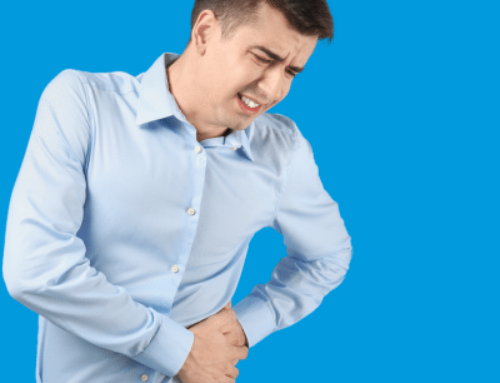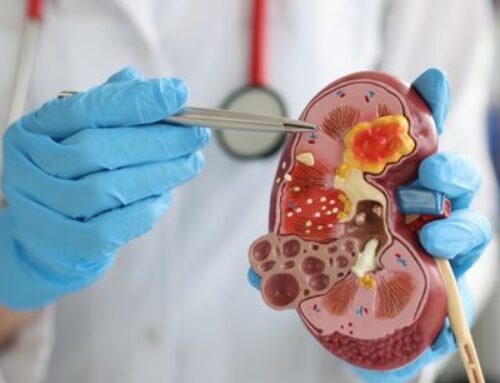 What Causes Kidney Stones To Develop?
What Causes Kidney Stones To Develop?
Kidney stones have earned their name as hard objects that roughly resemble pebbles. They may range in size from a tiny salt grain to that of a corn kernel.
Kidneys create urine, and they generally perform an impressive job of maintaining a healthy balance between fluid amount and concentration of mineral salts.
If this delicate balance is disturbed, perhaps by infection or a metabolic imbalance, these stones may appear.
Do They Trigger Any Symptoms?
In many cases, these stones do not produce any noticeable signs. However, they typically cause problems when they:
- Move within a kidney
- Block the entrance to the ureter, a tube that carries urine from the kidney to the bladder
- Move into the ureter
Symptoms may include:
- Severe pain within the back or side (below the rib cage), lower abdomen, or groin
- Inflammation or infection
- Pain during urination
- Reduced urine flow
- Increased urination urges
How Are Kidney Stones Treated?
In fortunate cases, these objects may simply pass out of the body through the urinary tract with no treatment required. In these situations, increased fluid intake and perhaps pain medication may be indicated.
When large stones cause great pain, obstruct the urinary tract, or lead to infection, they must be removed. Common options:
- Shockwave lithotripsy – A fancy name for shattering the stone with shockwaves so that the smaller remnants may be passed through urine. No surgical incision is required, the procedure may take roughly an hour, and the patient usually heads home shortly afterward.
- Ureteroscopy – A flexible, thin scope is threaded through the bladder and ureter toward the kidney. A small retractable basket at the end is used to capture and remove the offending stones. If too large, a stone can be broken apart by a laser passed through the scope. Patients may generally leave the same day.
- Percutaneous nephrolithotomy – This intimidating name refers to a procedure through which a doctor makes an incision in the back and into a kidney to remove the stone. This may require a several-day hospital stay.
Can Kidney Stones Be Avoided?
These choices can reduce the chances of kidney stone formation:
- Drink plenty of water to keep urine diluted
- Consume foods rich in calcium
- Avoid a high-sodium diet
- Avoid eating too much animal protein if prone to kidney stones
- Stay away from too many stone-forming foods if prone to kidney stones (chocolate, spinach, tea, nuts)
How Can a Nephrology Doctor Help?
Nephrologists specialize in kidney conditions, and they are expertly trained to identify kidney problems, determine effective treatment, and carry out that treatment to bring relief and restore health.




